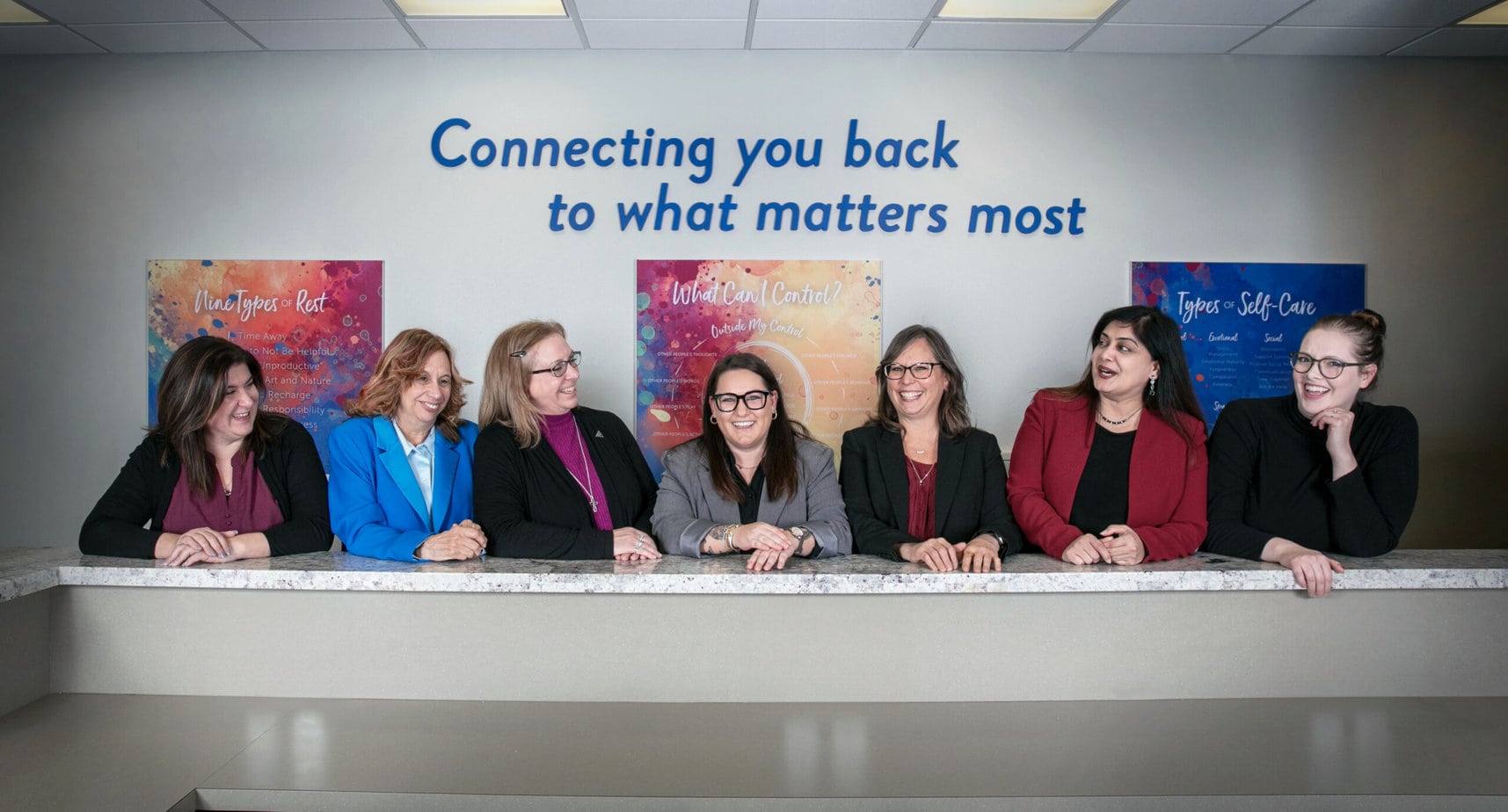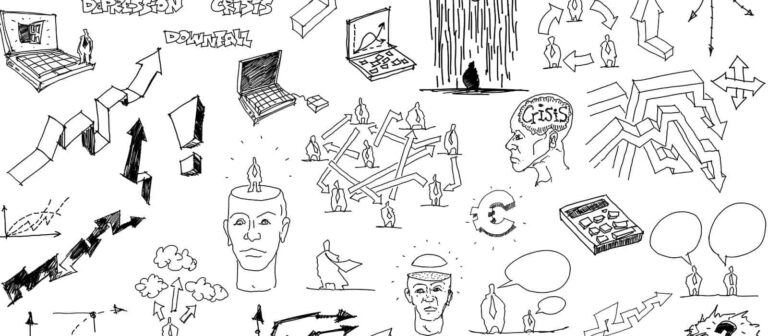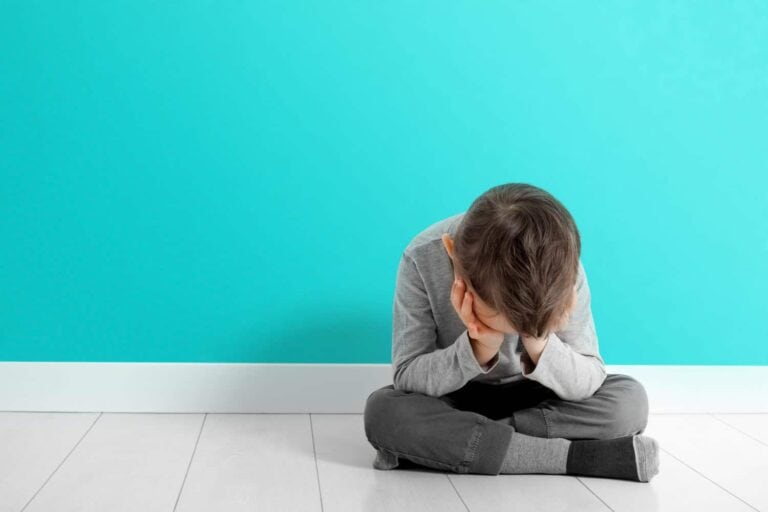Breaking Barriers
Connections Wellness Group Flower Mound
Restructuring and new leadership have resulted in additional behavioral and mental health services at the Flower Mound location of Connections Wellness.
Besides the private practice options provided since opening in 2021, Connections Wellness recently launched partial hospitalization and intensive outpatient general mental health group treatment programs (PHP and IOP). PHP features four-hour, adult-only sessions, while IOP lasts three hours Mondays through Fridays with up to 10 people each.
“Group therapy is a natural step in between inpatient hospitalization treatment and private individual therapy,” said Alex Arbour, who became Flower Mound’s executive director in December. “Included in that treatment regimen is meeting with a psychiatrist for medication, a nurse for vitals, check-ins, etc., and a therapist for a comprehensive and collaborative treatment program.”
Connections Wellness Group, a Blended Health company, focuses on expanding access to outpatient behavioral healthcare services for adolescents and adults struggling with acute mental health challenges by providing a strong continuity of care at its 18 locations in North Texas and Tennessee. Connections Wellness has 12 locations serving the Dallas/Fort Worth Metroplex with its Flower Mound location in the medical building adjacent to Texas Health Presbyterian Hospital Flower Mound.
“It’s exciting,” said Arbour, who joined Connections Wellness last March as a contract therapist before being promoted multiple times. “And I believe it will improve from here. We have a diverse group of clinicians who are trained in different things.”
One clinician sees young adults. Others focus on couples related to marriage, relationships, and family issues. Another is a licensed chemical dependency counselor. And one is trained in trauma.
“The group focuses on coping skills, stress reduction, identifying symptoms, all with learning more about yourself, getting time to process essentially what their presenting problem is,” Arbour added. “A lot of clients will call our assessment department, and the first question is ‘What are you needing? What’s happening in your life?’
“We have so many individualized, specialized groups, so depending on what they say, it could be trauma work. Some are coming in with substance abuse (offered at other locations), and some for anxiety, depression, family relationship issues, issues with parenting, and previous traumas that haven’t been discussed.”
Connections Wellness focuses on mental and behavioral health by providing a full continuity of care for medical management, nurse practitioners, therapy, and intensive outpatient programs through its four private individual therapy counselors, two group program therapists, plus two psychiatric providers – one for private clients and one for individual therapy. Therapists each see about 35-40 weekly clients, including individuals, couples, and occasional families.
Now Connections Wellness has a full array of treatment options that go well beyond the stereotypical one-on-one therapy or in-patient mental hospital options. All are designed to address issues at the earliest possible stage so they don’t become larger.
Therapists see people with a decline in daily functioning, a reduction of being able to take care of themselves which can cause overall low moods or obsessive thoughts – negative thinking that affects their work or family life or their ability to be social. Knowing the root cause, treatment plans can be created.
“With our general mental health group, we want them to know it’s not abnormal what they are thinking,” Arbour said. “But they can improve, and we can offer that hope for them, so let’s talk about it. ‘What in your day-to-day life isn’t working? How are you coping maladaptively.’”
Arbour said the biggest issues her practice deals with are anxiety and isolation, especially from people aged 18-35, both during and since the pandemic. She said they tend to have obsessive-compulsive thoughts and do not have adequate social skills.
“It was harrowing for them. Just getting them to come into therapy is even a challenge sometimes,” she said. “A lot of people got used to the virtual realm, which we offer, and have no problem seeing them virtually. But you just don’t get the same type of interaction online.
“The pandemic brought underlying mental health concerns to the surface by either exasperating the issues or as a catalyst to depression and anxiety issues for many people. It’s important to let people know they are not alone – there is accessible treatment, support, and resources to help heal, and education on healthier ways to cope with distress so they can live healthier, happier, and more productive, stable lifestyles.”
To learn more about Connections Wellness, call 972-777-4032 or visit connectionswellnessgroup.com







